
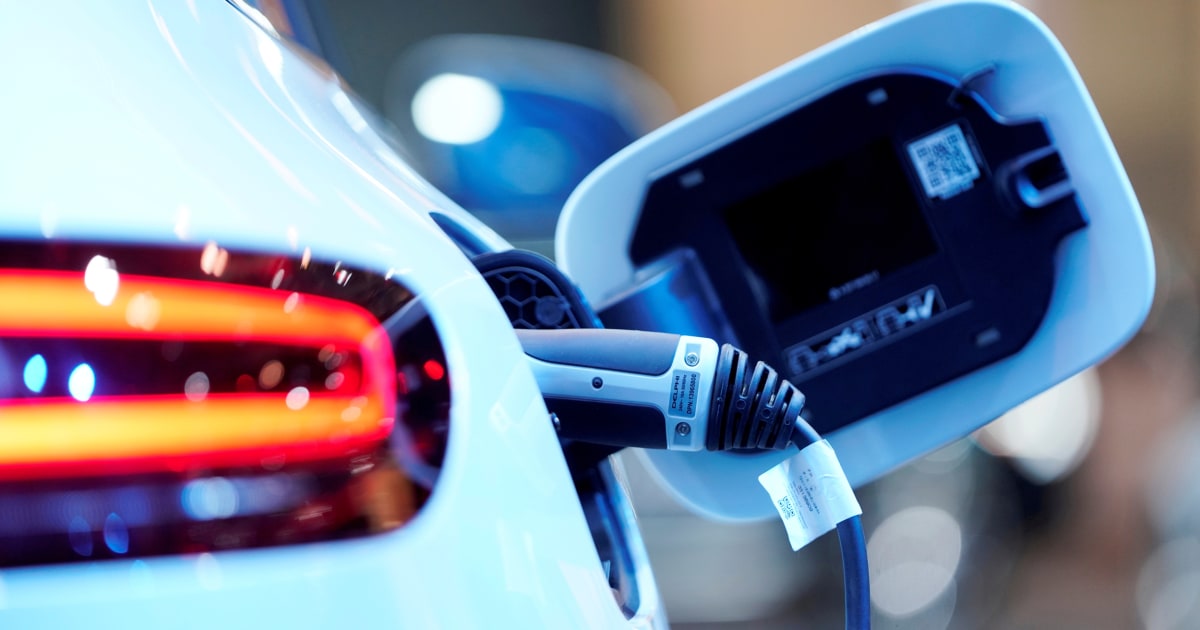
Daimler plans to invest more than 40 billion euros, or $47 billion, between 2022 and 2030 to develop battery-electric vehicles, and be ready for an all-electric car market by 2030. The German luxury carmaker will, with partners, build eight battery plants as it ramps up EV production.

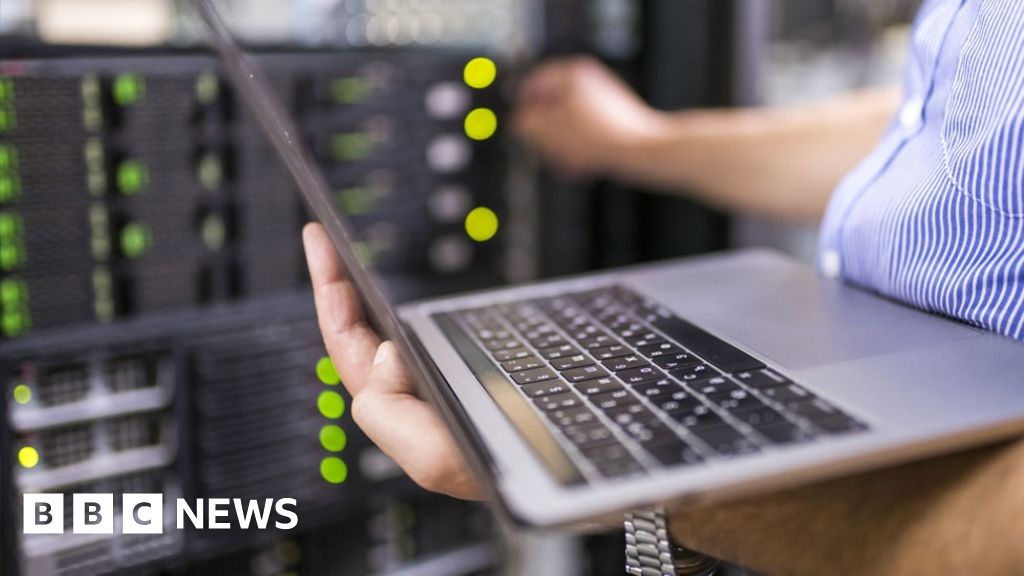
Visitors to some sites received DNS errors, meaning requests could not reach the websites. Akamai reported an emerging issue with its Edge DNS service, which has now been fixed and the service is resuming normal operations. DownDetector reported thousands of problems from its users across dozens o platforms.

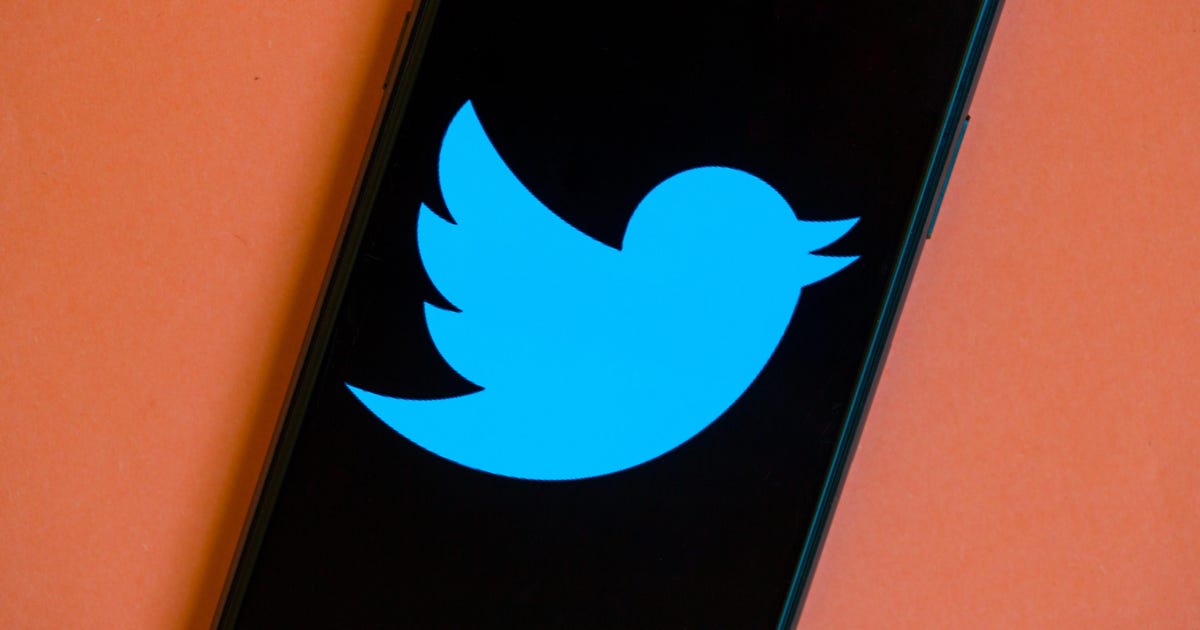
The number of daily users logging on to Twitter jumped 11% in the second quarter, demonstrating that people are still turning to the short-message service even as some countries start reopening aftercoronaviruslockdowns. Twitter attributed the strong year-over-year growth to product improvements and interest in current events.


Mark Zuckerberg told Facebook employees that the social network would be embarking on an ambitious mission to the center of the metaverse. The metaverse represents a three-dimensional internet that spans both the physical and virtual worlds, and most tech companies think it's the next big thing that'll eventually succeed the internet.


Google Cloud has launched Healthcare Data Engine, an end-to-end solution for scalable data and analytics designed for the healthcare and life sciences industries to make sense of their increasing amounts of data in a protected, health information-ready environment on its cloud. The offering enables data harmonization at scale across multiple data sources, including medical records, claims, clinical trials and research data.

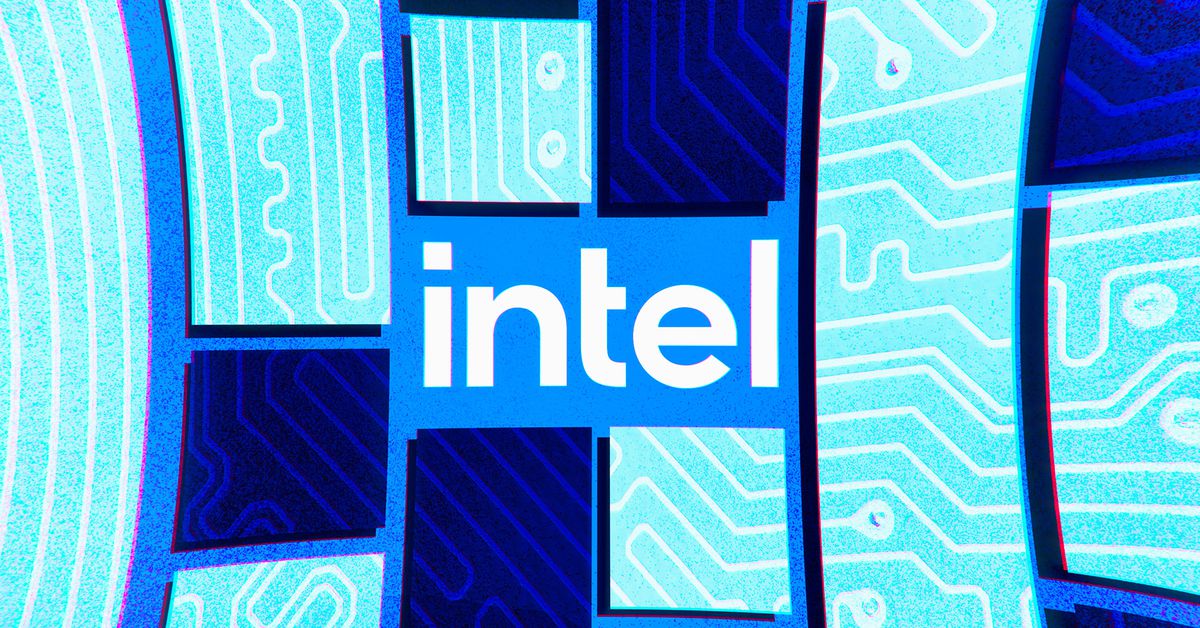
Intel CEO Pat Gelsinger announced that 7nm is progressing well and that the company will announce news on Monday, July 26th. The announcement comes alongside Intel's Q2 earnings, where the company beat expectations and brought in $18.2 billion in revenue, up 2 percent year-over-year.


Companies are buying carbon offsets like never before, facing unprecedented scrutiny over whether helping to fund green projects elsewhere really makes up for their heat-trapping emissions. The most common offsets are based on avoiding the release of additional carbon dioxide into the atmosphere, for example by preventing deforestation or supporting renewable energy projects.


The severe flooding in central China cut power at Apple Inc.’s biggest iPhone manufacturing site as water seeped into some areas and the site”s operator gave many workers time off, but the damage to the manufacturing hub in Zhengzhou city, Henan province, appeared limited.

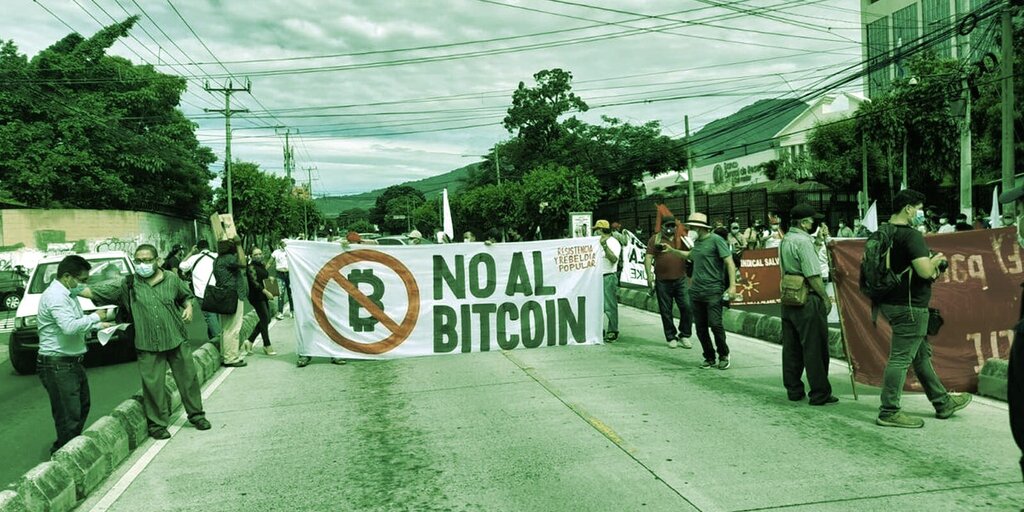
Salvadorans are protesting the country's adoption of Bitcoin as its national currency despite a three-month ban on protests to prevent the spread of COVID. The group, organized by the Block of Resistance and Popular Rebellion, used banners and slogans to demand that the Bitcoin Law be revoked.


NASA’s Perseverance Mars rover has begun its hunt for evidence of ancient microbial life, testing detectors and capturing its first science readings. The rover will use X-rays and ultraviolet light to examine rocks in addition to zooming for “closeups” of surfaces.


Instagram is adding a new option to automatically translate text in story posts. The feature will be available globally, and currently supports over 90 languages. This means there's now parity between Instagram stories and traditional posts, but Instagram says audio translation isn't available "at this time"

Verizon is expanding the availability of its Fios app to Apple TV and Amazon Fire TV devices. The app will be available on both the 4K and HD models, but you'll still need a Fios TV One somewhere in your home before you can access the app on those devices.